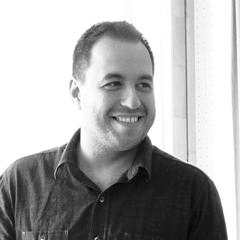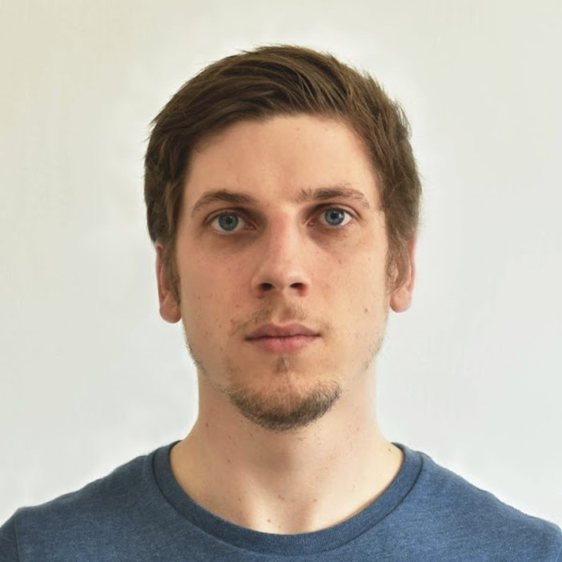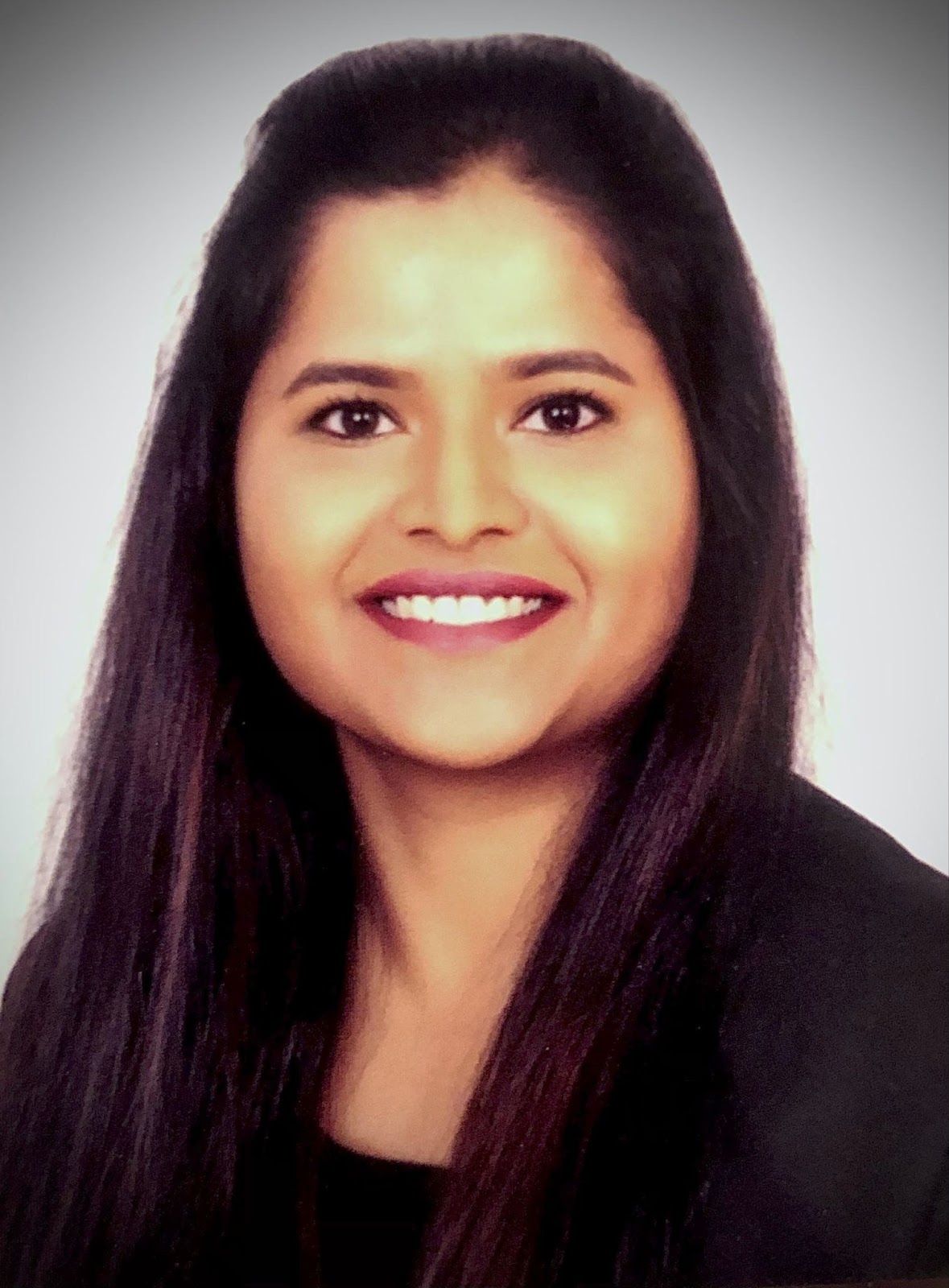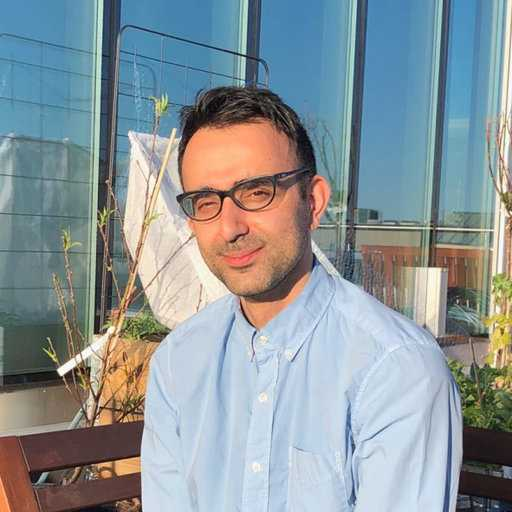CAMP Pizza July Edition
Date: Tuesday, July 6th, 2021
Time: 09:30 - 14:20
Meeting link: Detailed information included in invitation email.
About
The CAMPPizza in 2021 will take place on July 6th from 09:30-14:20. It will be held both at the Chair and virtual over Zoom. We are pleased to announce our main speakers, Dr. Tolga Birdal (Stanford), Fabian Manhardt (Google), Dr. Christoph Baur (Rohde & Schwarz Germany), Dr. Anees Kazi, Mehdi Astaraki, Shun-Cheng Wu, and welcome our new members Yan Di, Guangyao Zhai, Michael Sommersperger, Amir Choopankareh.
The schedule
| From | To | Topic | Speaker  |
|---|
| 12:00 | 13:00 | Lunch Break | |
| 11:20 | 12:00 | Introduction to MedIA? and GCN group at CAMP | Dr. Anees Kazi |
| 11:00 | 11:20 | My journey at CAMP chair // Computer Vision for millimetre-wave imaging at Rohde &Schwarz | Dr. Christoph Baur |
| 10:00 | 10:40 | Keynote I: TBA | Dr. Tolga Birdal |
| 10:40 | 11:40 | New trends in 6D object pose estimation | Fabian Manhardt |
| 13:00 | 13:40 | Keynote II: Imaging biomarkers for cancer image analyses | Mehdi Astaraki |
| 09:30 | 10:00 | Welcome | Prof. Dr. Nassir Navab |
| 14:10 | 14:30 | Closing | Prof. Dr. Nassir Navab |
| 13:40 | 14:00 | Incremental 3D scene graph prediction from RGB-D sequences | Shun-Cheng Wu |
| 14:00 | 14:30 | Presentation of new members | Yan Di, Guangyao Zhai, Michael Sommersperger, Amir Choopankareh |
About the speakers
Tolga Birdal

|
- Biography: I joined the Geometric Computing Group of Stanford University after completing my PhD? studies at the Technical University of Munich, sponsored by Siemens AG. My research intertwines geometry, computer vision and machine learning, particularly non-Euclidean methods. Previously, I have co-founded befunky.com and Gravi, two startups on computer vision.
|
Fabian Manhardt: Topics on 6D Object Pose Estimation

|
- Biography: Fabian Manhardt is a Research Scientist at Google and a fourth year PhD? student at the chair of Computer Aided Medical Procedures and Augmented Reality at the Technical University of Munich supervised by PD Dr. Federico Tombari and Prof. Nassir Navab. In continuation to his Master's thesis on 6D pose estimation in 2017, he now focuses his research on human support robotics to tackle the problem of estimating the displacements of objects from vision data. He also interned at Toyota Research Institute, Los Altos (CA) in 2018.
|
Christoph Baur: Computer Vision for Millimetre-Wave Imaging at Rohde & Schwarz

|
- Biography: Christoph Baur is the acting Director Software Imaging Products at Rohde & Schwarz (R&S) Germany and leading the team responsible for all software-related activities concerning the millimetrewave-imaging technology of R&S. His team brings together agile software development and cutting-edge machine learning research to leverage millimetre-wave imaging---a truly unique imaging modality---for high performance object detection. Christoph has also long been affiliated with the CAMP Chair. His journey already began during his Bachelor's in Informatics at TUM, continued throughout his Master's in the form of various courses, projects as well as the thesis and resulted in the pursuit of a PhD? at the CAMP Chair, which he defended successfully in April 2021. His research primarily revolved around unsupervised Deep Learning and deep generative modelling for anomaly detection in brain MRI.
- Abstract: Christoph will share his experiences made at the CAMP Chair, his PhD? in general and give an overview of the Machine Learning and Computer Vision activities taking place in his team at Rohde & Schwarz, where he is the acting Director Software Imaging Products.
|
Anees Kazi: Introduction to MedIA? and GCN group at CAMP.

|
- Biography: Anees is currently a post-doc research scientist @ CAMP mainly focusing on multi-modal data analysis using AI models. She recently finished her PhD? student also at CAMP on 'Graph Deep Learning for Healthcare Applications'. Anees has worked towards providing solutions to brain-related disease diagnosis problems by solving technical challenges such a dealing with multiple graph scenarios, graph structure heterogeneity. In 2019, Anees was awarded TUM-ICL incentive funding to collaborate with Prof. Micheal Bronstein at Imperial College London. In this project, the team focused on the challenging problem of graph structure learning.
- Abstract: In this talk, we will get to know members of MedIA? group from the chair and their area of focus. Further, I will share my invaluable experience during my journey at the chair and my future research directions as a postdoc. Later, I will continue to talk about GCN group at the chair and the techniques of graph deep learning that have and are being developed at the chair and current major areas of focus.
|
Mehdi Astaraki: Imaging Biomarkers for Cancer Image Analyses

|
- Biography: Mehdi Astaraki is a doctoral student at a joint program between the Department of Biomedical Engineering and Health Systems in KTH Royal Institute of Technology and the Department of Oncology-Pathology at Karolinska Institute, Sweden. He earned both his bachelor's and master's degrees in Biomedical Engineering in Iran and since 2013 he has been interested in the field of medical image analysis. Currently, he has focused on tumor segmentation/detection with rule-based and deep learning methods, as well as developing imaging biomarkers as assistant tools for cancer diagnosis/prognosis.
- Abstract: Cancer image analyses often involve the following steps: 1) image acquisition and preprocessing 2) tumor detection/segmentation, 3) tumor quantification, 4) diagnosis/prognosis or survival prediction. In this presentation, I will overview five projects I have conducted during my doctoral study that cover steps 2 to 4. In specific, for the segmentation of tumors, we developed an autoencoder-based prior deep learning model by adopting the idea from unsupervised anomaly detection. This model was tested on different lung pathology segmentation, including lung nodule, non-small cell lung cancer as well as Covid-19 lesions. For the third and fourth steps, we developed a simple yet efficient imaging biomarker to capture the tumor heterogeneities, and we used the developed feature set to predict the early response of the tumor to the treatment. Finally, we developed a dual-pathway deep classifier to predict lung nodule malignancy. This study was followed by a comprehensive comparison between the performance of deep learning models and the radiomics pipeline.
|
Shun-Cheng Wu: Incremental 3D Scene Graph Prediction from RGB-D Sequences

|
- Biography: Shun-Cheng Wu is a researcher in TUM at the chair of computer-aided medical procedures and augmented reality. His general research interests are in 3D indoor scene reconstruction and understanding. In particular, he is interested in ways for computers to use the visual sensor information to understand the environment for real-time applications.
- Abstract: Scene graphs are a compact and explicit representation successfully used in a variety of 2D scene understanding tasks. This work proposes a method to incrementally build up semantic scene graphs from a 3D environment given a sequence of RGB-D frames. Estimating a 3D scene graph incrementally is a non-trivial task since it involves efficient panoptic segmentation and relationship estimation. To this end, we aggregate PointNet? features from primitive scene components by means of a graph neural network. We also propose a novel attention mechanism well suited for partial and missing graph data present in such an incremental reconstruction scenario. Although our proposed method is designed to run on submaps of the scene, we show it also transfers to entire 3D scenes. Experiments show that our approach outperforms 3D scene graph prediction methods by a large margin and its accuracy is on par with other 3D semantic and panoptic segmentation methods while running at 35 Hz.
|
Newcomers and returners
Amir Choopankareh

|
- Biography: Amir Choopankareh received his B.Sc. in Information Technology from Azad University of Mashhad and his
M.Sc. in Medical Informatics from Technische Hochschule Deggendorf in 2020. Since 2021 he is the new IT administrator of the CAMP chair at TU Munich.
|








